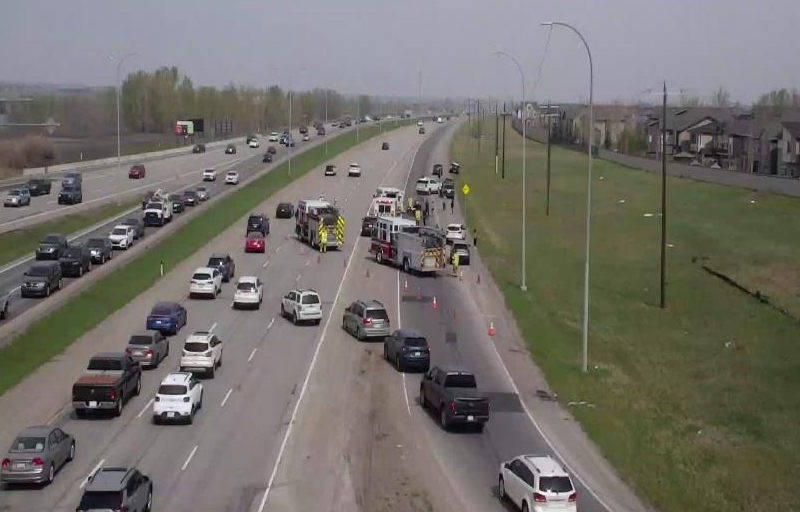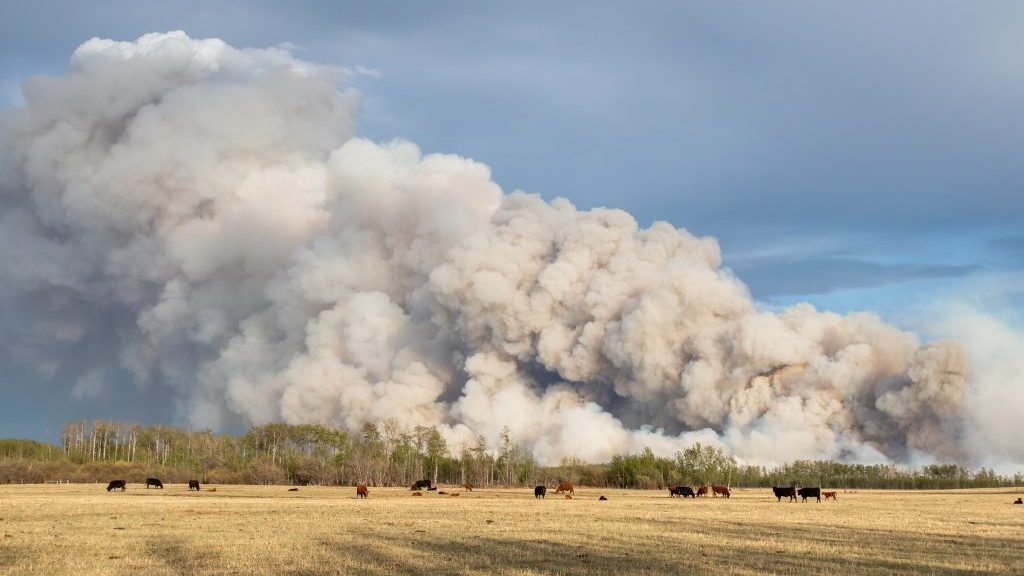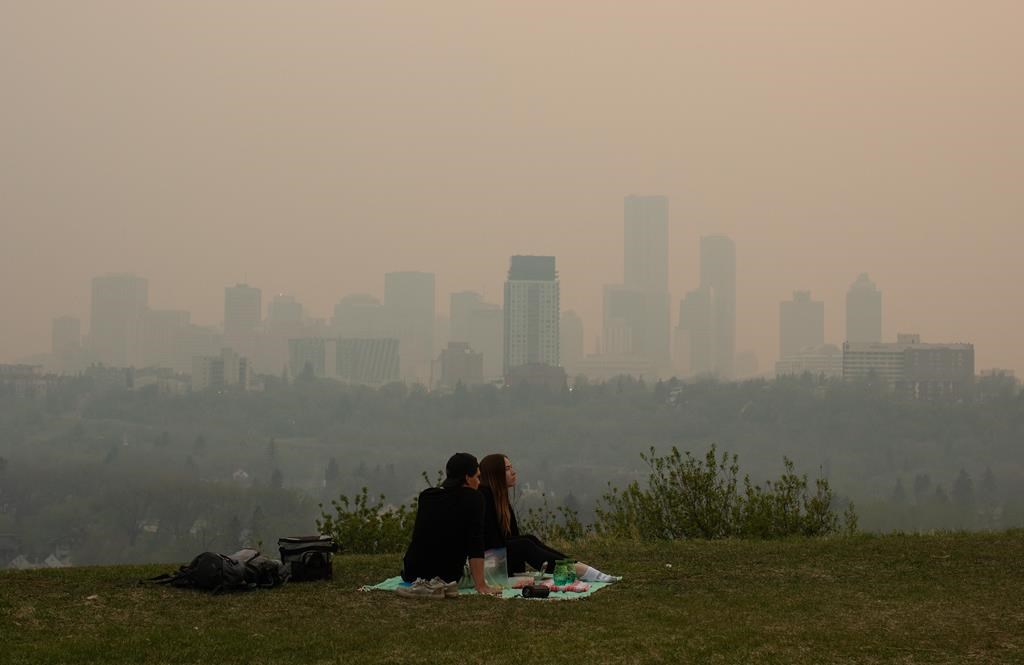Cease-fire goes into force in war-ravaged Syria
Posted Dec 29, 2016 9:29 pm.
Last Updated Dec 29, 2016 10:06 pm.
This article is more than 5 years old.
BEIRUT (AP) — A cease-fire brokered by Russia and Turkey went into effect in war-ravaged Syria at midnight Thursday, a potential breakthrough in the six years of fighting that have left more than a quarter-million people dead and triggered a refugee crisis across Europe.
If it holds, the truce between the Syrian government and the country’s mainstream rebel forces will be followed by peace talks next month in Kazakhstan, Russian President Vladimir Putin said in announcing the agreement. He described it, however, as “quite fragile” and requiring “special attention and patience.”
The first half-hour of the cease-fire was one of “comprehensive calm,” said Rami Abdurrahman, head of the Syrian Observatory for Human Rights. He said that before the truce came into force, the government was bombing several areas, including the province of Aleppo and suburbs of the capital, Damascus.
The truce had the backing of both Russia, Syria’s chief battlefield ally, and Turkey, which has been supporting the rebels. Russia said the deal was signed by seven of Syria’s major rebel factions, though none of them immediately confirmed it, and one of them denied signing.
Several previous cease-fires in the Syrian civil war all collapsed, some of them in a matter of days. And this latest agreement, like previous ones, does not include extremist factions such as the Islamic State group and al-Qaida’s branch in Syria.
Still, the deal raised hopes for a political settlement to the ruinous war, in part because the landscape has significantly shifted recently.
For one thing, the tide has turned in Syrian President Bashar Assad’s favor militarily over the past year, with the government retaking the city of Aleppo from the rebels just days ago. Also, Turkey, which is fighting Kurdish and Islamic militants at home, appears more willing to strike a bargain with Russia if it means protecting its borders.
“This is a different political scene, and one would expect some outcomes to emerge,” said Hilal Khashan, political science professor at the American University of Beirut. He cautioned, however, against expecting immediate results from the first round of talks.
Syrian Foreign Minister Walid al-Moallem welcomed the cease-fire agreement said there is a “real chance” for a political settlement.
In comments made to Syrian TV, he said the Syrian government will attend the peace talks “with an open mind,” but he suggested it would not be willing to compromise on Assad’s fate. Assad’s remaining in power has been a major sticking point in the crisis.
“Everything is negotiable except national sovereignty and the people’s right to choose its leadership,” al-Moallem said.
Putin said the cease-fire will be guaranteed by both Moscow and Turkey. Turkey has been allowing opposition forces to use its long border with Syria to cross back and forth. The agreement was also praised by Iran, another of Assad’s strongest backers.
Russian Defense Minister Sergei Shoigu said that the truce will include 62,000 opposition fighters across Syria and that the Russian military has established a hotline with its Turkish counterpart to monitor compliance. Sergey Lavrov, Russia’s foreign minister, said President-elect Donald Trump’s administration will be welcome to join the peace process once he takes office.
Putin said he ordered the Russian military to scale back its presence in Syria, where it has provided crucial support to Assad’s forces. Putin didn’t say how many troops and weapons will be withdrawn. He said Russia will continue “fighting international terrorism in Syria” and supporting Assad’s military.
The U.N. special envoy for Syria, Staffan de Mistura, welcomed the cease-fire announcement, saying he hopes the agreement will save civilian lives, facilitate the delivery of humanitarian aid and pave the way for productive peace talks.
Earlier Thursday, Turkey called on Hezbollah to withdraw its fighters from Syria. The Iranian-backed extremist group has sent thousands of fighters to support Assad and has been playing an instrumental role in the civil war since 2013.
Foreign fighters from around the world have joined both sides of the Syrian conflict, which has displaced half the country’s population and produced more than 4 million refugees. Many of those refugees have been streaming into Europe, fueling anti-immigration sentiment and terrorist fears that are reshaping the continent’s political landscape.
Syria’s military noted that the cease-fire comes after the “successes achieved by the armed forces,” an apparent reference to the fierce fighting in Aleppo.
Osama Abo Zayd, a spokesman for mainstream Syrian opposition groups, told reporters in the Turkish capital of Ankara that 13 armed opposition factions have signed the agreement.
He said the peace talks will be based on the Geneva 2012 declaration that calls for a governing body with full executive powers to run Syria during a transition period. “This means that there will be no presence for Assad in the future,” he said.
However, Khashan, the political analyst, said Assad’s exit is “out of the question.” ”Neither the Russians nor the Iranians would allow it to happen,” he said.
Saeed Sadek, a professor of political sociology at Cairo’s Future University, said Assad has no power to accept or reject any deals.
“He is now under the control of Moscow, Tehran and Ankara. All these countries will decide his future,” he said.










